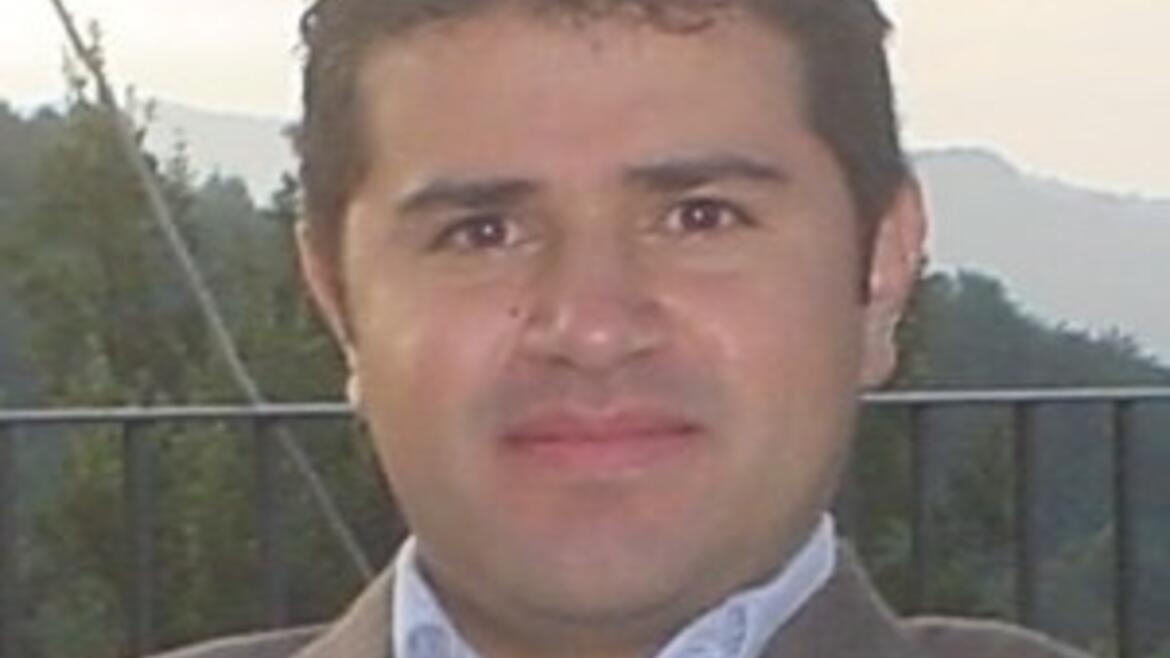Colloquium: Roberto Zenit

Locomotion of microorganisms in complex fluids
Dr. Roberto Zenit
Instituto de Investigaciones en Materiales
Universidad Nacional Autonoma de Mexico
The fundamental mechanisms of microorganism motility have been extensively studied in the past. Most previous work focused on cell locomotion in simple (Newtonian) fluids. However, in many cases of biological importance (including mammalian reproduction and bacterial infections), the fluids that surround the organisms are strongly non-Newtonian (so-called complex fluids), either because they have shear-dependent viscosities, or because they display an elastic response. These non-Newtonian effects challenge the most fundamental intuition in fluid mechanics, resulting in our incapacity to predict its implications in biological cell locomotion. In this talk, our on-going experimental investigation to quantify the effect of non-Newtonian behavior on the locomotion and fluid transport of microorganisms will be described. Several types of magnetic micro-robots were designed and built. These devices were actuated to swim or move in a variety of fluids: Newtonian, elastic with constant viscosity (Boger fluids) or inelastic with shear-thinning viscosity. We have found that, depending on the details of locomotion, the swimming performance can either be increased, decreased or remain unaffected by the non
Newtonian nature of the liquid. Some key elements to understand the general effect of viscoelasticity and shear-thinning viscosity of the motility of microorganisms will be discussed.
Dr. Roberto Zenit did his undergraduate degree in Mechanical Engineering at the National Autonomous University of Mexico. After graduating, he was accepted to Caltech for graduate studies. Dr. Zenit did both his Masters and PhD degrees at Caltech in Mechanical Engineering. Dr. Zenit worked in multiphase flows with Profs. Melany Hunt and Chris Brennen. After his PhD, he did a sabbatical stay at Cornell University, also in multiphase flows. He has been at the National Autonomous University of Mexico since 2000. Dr. Zenit is now a full professor. His main subject is still fluid mechanics, in particular multiphase flows, biological flows and recently in the fluid mechanics of art.